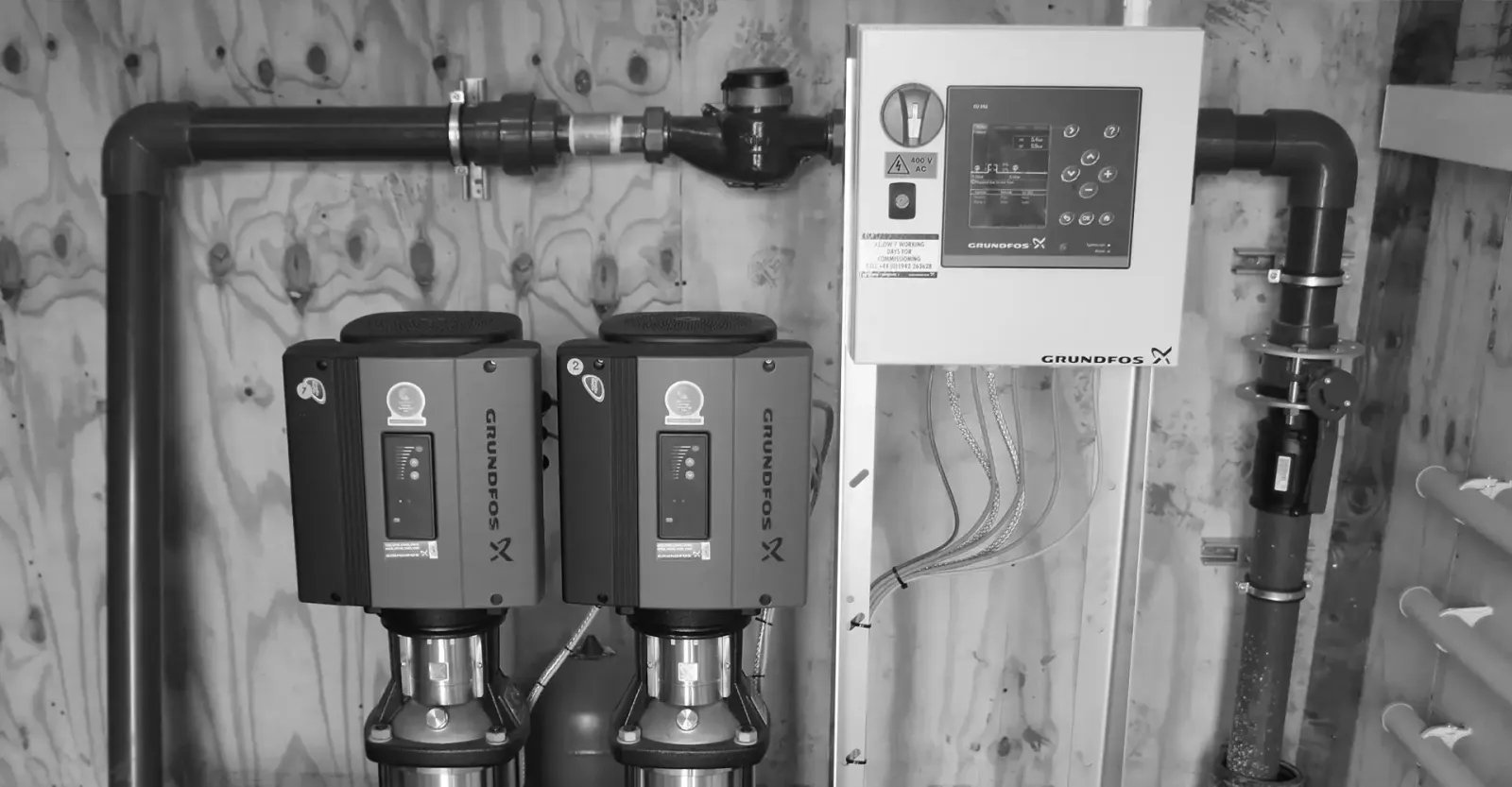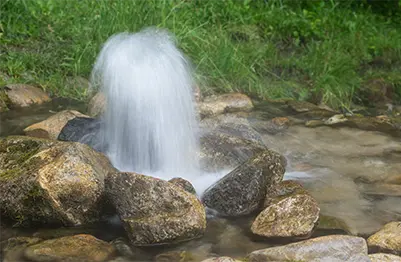

Test Pumping
Borehole test pumping is a controlled process used to evaluate the performance of a newly drilled or existing borehole.
About
Borehole Test Pumping
If you’re considering drilling a borehole for private or commercial water supply, test pumping is an essential step in the process. Before committing to using a borehole, test pumping provides vital data about how much water the borehole can yield, how the groundwater behaves under pumping conditions, and whether the supply is sustainable in the long term.
Igne specialises in professional test pumping services, ensuring your borehole meets your needs while protecting the surrounding water environment. This can be offered as part of a larger project or as a standalone service.
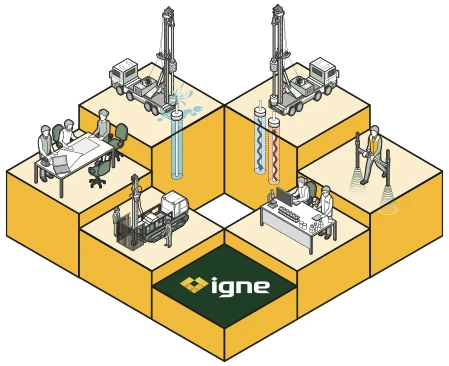
The reason
What is Test Pumping & Why is it Necessary?
Borehole test pumping is a controlled process used to evaluate the performance of a newly drilled or existing borehole. It involves extracting water at a measured rate over a set period to assess:
The yield (flow rate) of the borehole: how much water can be sustainably pumped without excessive drawdown?
Water level recovery: how quickly does the borehole replenish after pumping stops?
Aquifer response: how does the groundwater system react to extraction?
Water quality changes over time: are there any variations in clarity, contamination, or mineral content with continuous use?
Without test pumping, you risk drilling a borehole that doesn’t provide enough water for your needs or one that depletes too quickly, leading to supply failures. Test pumping allows for the correct design of pumps, pipes, and storage solutions based on real-world performance data.
The Process
How is Test Pumping Conducted?
Igne follows a structured approach to test pumping, ensuring accurate results and compliance with regulations.
Preliminary Assessment
Before test pumping, Igne will assess the borehole depth, diameter, and estimated water demand to design a suitable test.
We check local groundwater conditions and any relevant environmental restrictions.
Step Test
A step drawdown test involves pumping at increasing rates over short periods to determine the borehole’s maximum sustainable yield.
This helps assess the efficiency of the borehole and whether it can handle variable water demands.
Constant Rate Pumping Test
Water is pumped at a constant, pre-determined rate for an extended period (typically 24 to 72 hours).
Water levels are monitored throughout to understand how the borehole and aquifer respond to long-term use.
Recovery
Once pumping stops, the recovery of the water level is monitored to assess how quickly the borehole replenishes.
Faster recovery suggests a sustainable water supply, while slow recovery may indicate limited groundwater availability.
Water Quality Testing
Throughout the test, Igne takes water samples to check for any changes in composition over time. A water sample is taken and sent to a UKAS accredited laboratory for analysis.
This helps determine whether filtration or treatment is required for safe consumption.
The Results
What Does Test Pumping Reveal About a Borehole?
By conducting a professional test pump, Igne can provide insights such as:
- The sustainable daily water yield: helps determine if the borehole can meet your household, agricultural, or industrial needs.
- Drawdown and recharge rates: indicates how water levels behave under continuous pumping and whether depletion is a concern.
- Potential issues with over-extraction: if excessive drawdown occurs, adjustments in pumping rates or borehole depth may be necessary.
- Fluctuations in water quality: ensures that long-term pumping does not introduce contaminants or excessive sediment.
The benefits
Benefits of Borehole Test Pumping
Prevents investment in an underperforming borehole; avoids costly surprises by confirming the borehole can meet demand before infrastructure is installed.
- Ensures long-term sustainability; helps prevent overuse and depletion of groundwater resources.
- Optimises borehole equipment selection; ensures pumps and storage systems are correctly specified, avoiding inefficient operation.
- Improves reliability of water supply; reduces the risk of unexpected shortages due to over-extraction.
- Identifies any water treatment needs early; if water quality changes during pumping, solutions can be implemented before use begins.
- Provides data for licensing and compliance.
Eliminate risks
What Happens if a Borehole is Not Test Pumped?
Skipping a test pump can lead to:
- boreholes running dry due to underestimated yield,
- poor pump selection, leading to inefficiencies or equipment failure,
- unexpected contamination risks due to unnoticed water quality variations and
- over-extraction from the aquifer, affecting nearby wells or ecosystems.
Stay informed
How Often Should Test Pumping Be Done?
For new boreholes, always conduct a test pump before putting a borehole into full use.
For existing boreholes, periodic test pumping (every 5 to 10 years) helps detect changes in performance, especially if demand increases. By comparing previous test pump data with current it can inform of borehole performance and indicate whether any remedial works may need to be undertaken.
For high-demand users, businesses, farms, and industrial users you may need more frequent testing to ensure continued supply reliability.
FAQ
Frequently Asked Questions About Test Pumping
- Is test pumping necessary for all boreholes?
Yes. Whether for domestic, agricultural, or industrial use, test pumping ensures the borehole can meet demand before full-scale operation.
- How long does test pumping take?
The process typically lasts between 24 and 72 hours, depending on borehole depth and intended use.
- What if my borehole doesn’t meet the required yield?
If test pumping reveals a low yield, options include borehole development, reducing demand, or incorporating water storage solutions.
- Does test pumping check water quality?
Yes. Water samples taken during the test identify any contaminants or changes in water chemistry.
- Can test pumping be done on an old borehole?
Yes. If you suspect a drop in borehole performance, test pumping can diagnose potential issues and help restore efficiency.
The Next Step
Ensuring your borehole meets performance expectations is crucial before you rely on it for water supply.
With Igne’s expert test pumping services, you gain accurate data on your borehole’s yield, sustainability, and water quality, allowing for informed decisions. Whether you’re planning a new borehole or evaluating an existing one, our professional team is ready to help.
Contact us today to arrange test pumping and take the first step towards a reliable water source you can trust.

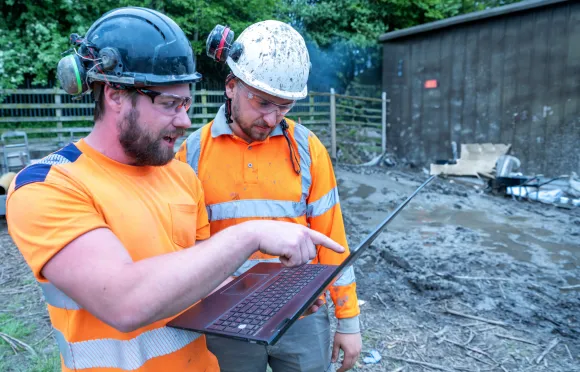
Licencing Applications
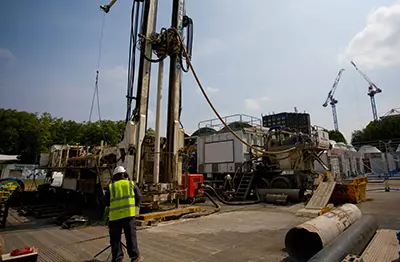
Drilling & Lining
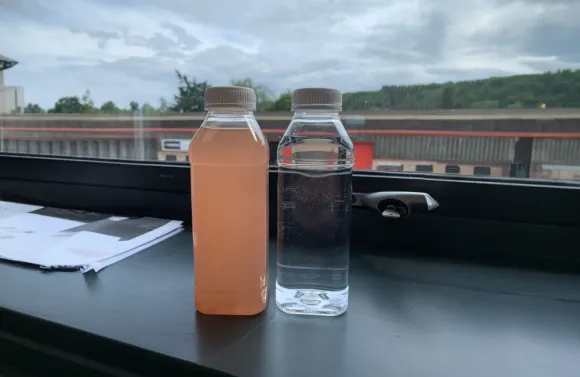
Water Treatment
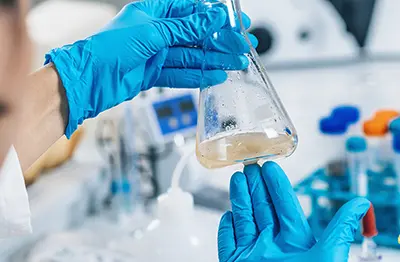
Water Analysis
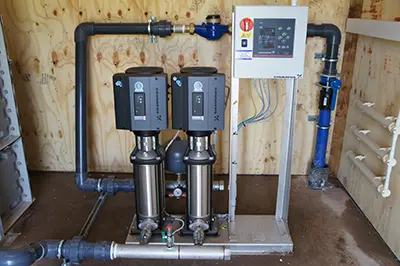
Test Pumping
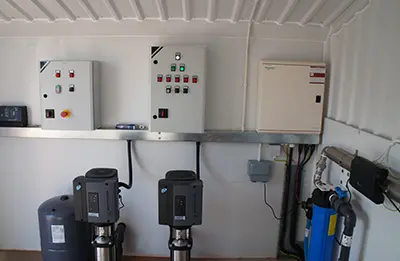
Borehole Pumps

Borehole Design

Abstraction Borehole Real Time Digital Monitoring Systems

Drilling Consultancy

Pump Installation


